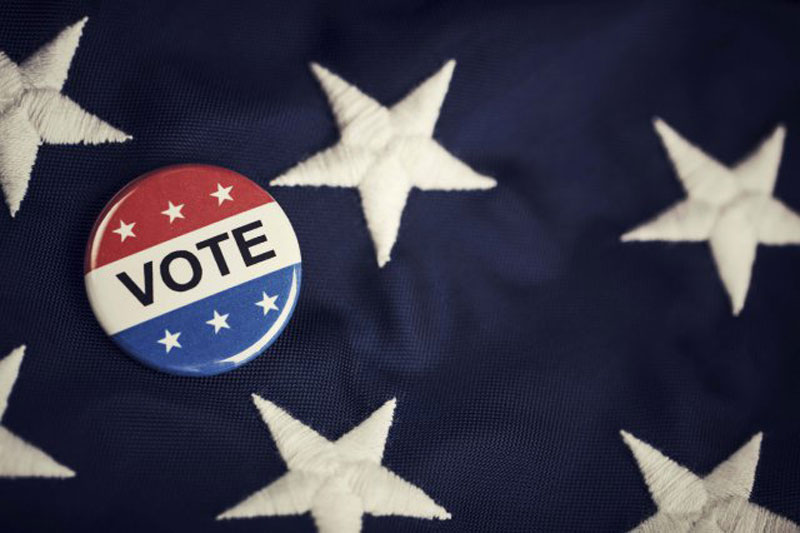
June 4, 2019; The Root
Last November, Floridians passed a constitutional amendment that restored voting rights to people with felony convictions after they completed their sentences, except for those convicted of murder or a sexual felony. The amendment returned voting rights to 1.5 million people, seven percent of the state’s population. The amendment went into effect in January, and people began registering to vote.
In May, Florida’s Republican-controlled legislature stepped in, adding the requirement that all court fines, fees and restitution to victims must be paid before people are allowed to vote.
As Anne Branigin reports for The Root, the requirement has been compared to a poll tax. Poll taxes were payments required before voter registration in certain states, including Florida, as a way of restricting voter rights among people of color and the poor during the Jim Crow era. As Branigin points out:
There are myriad reasons why paying back court fines would be challenging for the formerly incarcerated. Prison time means time out of the workforce, and depending on how long a person was behind bars, they could be re-entering a world that functions much differently, technologically and socially, than the one they lived in before they [were] sentenced. According to the Sun-Sentinel, the unemployment rate for people with felony convictions is 27 percent. For people of color and women, that number is even higher (black women who were incarcerated are unemployed at a rate of 43.6 percent).
Sign up for our free newsletters
Subscribe to NPQ's newsletters to have our top stories delivered directly to your inbox.
By signing up, you agree to our privacy policy and terms of use, and to receive messages from NPQ and our partners.
Branigin cites reporting in the Sun-Sentinel that estimated fees in three south Florida counties—Broward, Palm Beach, and Miami Dade—from October 2017 to September 2018 would top $1 billion. A statewide total was not available. Branigin continues:
The premise of a democracy is that if enough citizens want to change a law or effect policy, they have one key apparatus to do so: the voting booth. Floridians with convictions have no such voice, no such leverage, to weigh in on issues that disproportionately affect them, no real means to vote out the kinds of Republican legislators who passed this voter suppression bill.
In a country where money can buy the wealthy a different justice system than the one the poor have to navigate, Florida has effectively anchored the right to vote to 1.5 million people’s wallets.
A 2018 HuffPost/YouGov poll found that most Americans (63 percent) agreed that people with felony convictions should have their voting rights restored after completing their sentences. However, voting rights for people with felony convictions still vary dramatically by state; in Maine and Vermont people may vote while still in prison, and in Iowa and Kentucky voting rights can only be restored by petition.—Catherine Jones













